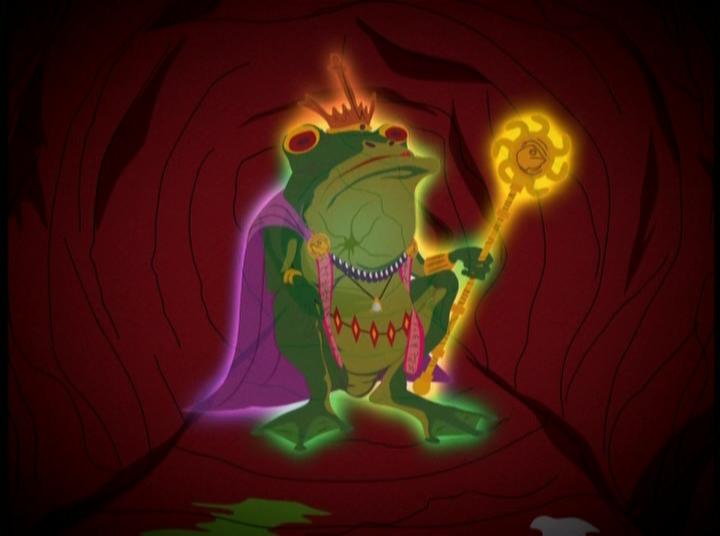After reading this article, one thing came to mind: The guy has to do some frickin research before releasing an article like this. The article is filled with mistakes and inaccuracies.
Here are some responses to his statements:
"Since then, it has been much easier for Asian movies to clinch distribution deals in North America. This has paved the way for the commercial US screening of such titles as Zhang Yimou's "Hero" and "House of Flying Daggers," Cory Yuen's "So Close" and "Time and Tide," and Takeshi Miike's "One Missed Call."
The problem with this statement is that while true that it's been much easier for Asian movie to clinch distribution deals, it's been much harder for them to get released. For example, of all the films he mentions, only "Hero" has been released as a commercial film and it took two fucking years to get that released here. Films such as "So Close," "Time and Tide" have had extremely limited release (about 1-10 theatres tops), "House of Flying Daggers" has been in limited release since December 3rd and due to low admissions I doubt it would profitable to be a commercial release. The last film he mentions "One Missed Call" which hasn't been released or mentioned for release in the U.S. at all. Another mistake, "Time and Tide" is not even directed by Cory Yuen but by acclaimed HK director Tsui Hark.
"Now, three new Asian films have similarly found favor in Hollywood: Hong Kong's "Kung Fu Hustle," Korea's "Ouija Board: Bunshinsaba," and Thailand's "Ong Bak: The Thai Warrior."
On this statement, he states that these films have found favor in Hollywood. Again, he's incorrect. Kung Fu Hustle has been smashing records across Asia since its release last week but it's hardly making a blip on the Hollywood radar. It's release is 95% going to be limited in the U.S to art house theatres. "Ouija Board: Bunshinsaba" is not even mentioned in Hollywood, not even on Asian cinema message boards. "Ong Bak" The Thai Warrior" is not even being released by Buena Vista International but by a small independent film company, Magnolia Pictures (a company co-owned by Mark Cuban). "Ong Bak" already has been pushed back numerous times since it's original October release date and looks to come out straight to video rather than theatres.
"A farfetched dream? Not after Ang Lee's mystical epic, "Crouching Tiger, Hidden Dragon," marked a milestone for being the first Asian film to reach the $100-million mark in North American theaters. Before that, Asian films were screened mainly in art film houses. After "Crouching Tiger," however, major Hollywood studios started to wise up to Asian cinema's commercial viability."
Again, he's WRONG. Asian films are mainly distributed in extremely limited release. For example, two South Korean powerhouses "Tale of Two Sisters" and "Tae Guk Gi" were released in about 20-40 theatres in the United States. Asian films are still getting the shaft due to the casual moviegoer failing to read subtitles in films. The only other dent that Asian cinema as made was with the release of the oft-delayed "Hero," which only made half of "Crouching Tiger, Hidden Dragon's" earnings.
What he fails to state is that the only reason why Hollywood has a budding romance with Asian cinema is the remake rights. Remake rights for the following films have already been bought and scripts are currently being written for them: "Infernal Affairs," "My Sassy Girl," "Phone," "Tale of Two Sisters," "Oldboy," "Chaos," and many, many more. Chan Wook-Park, director of Oldboy, was reportedly furious that the remake rights were sold to Universal Pictures for a remake.


0 Comments:
Post a Comment
<< Home